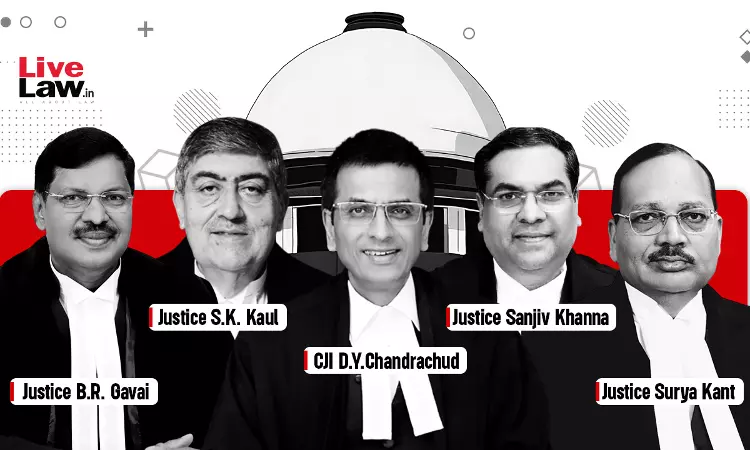In a significant development, the Supreme Court on Tuesday (September 5) reserved its judgment in the long-pending case challenging the Union Government's 2019 decision to repeal the special status of Jammu and Kashmir under Article 370 of the Constitution. The petitioners also challenged the J&K Reorganization Act which bifurcated the State into Union Territories of J&K and Ladakh....

